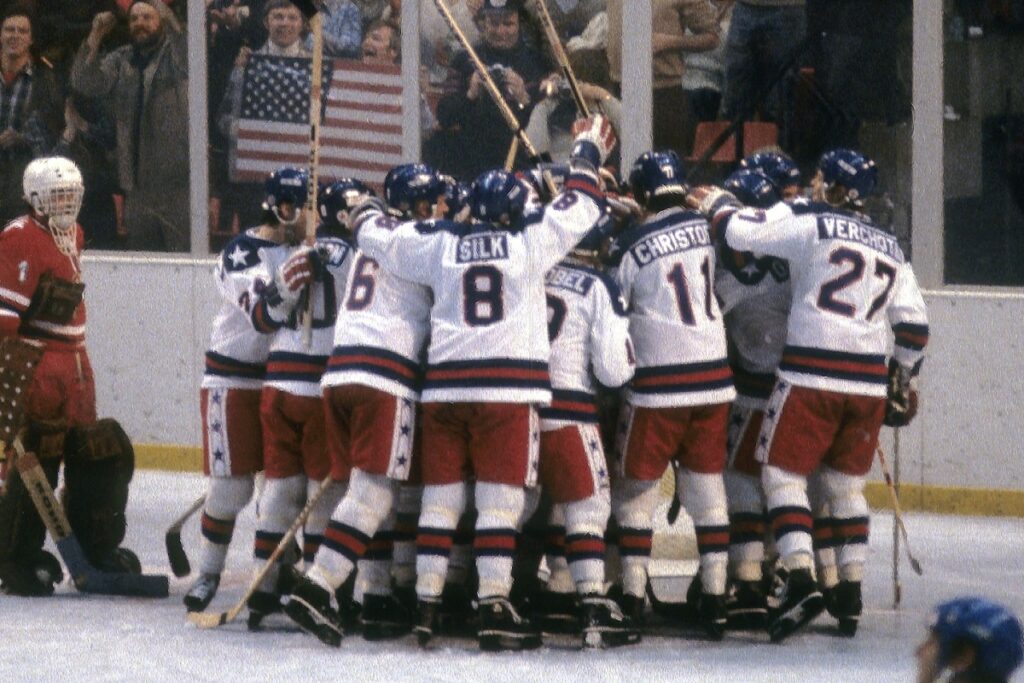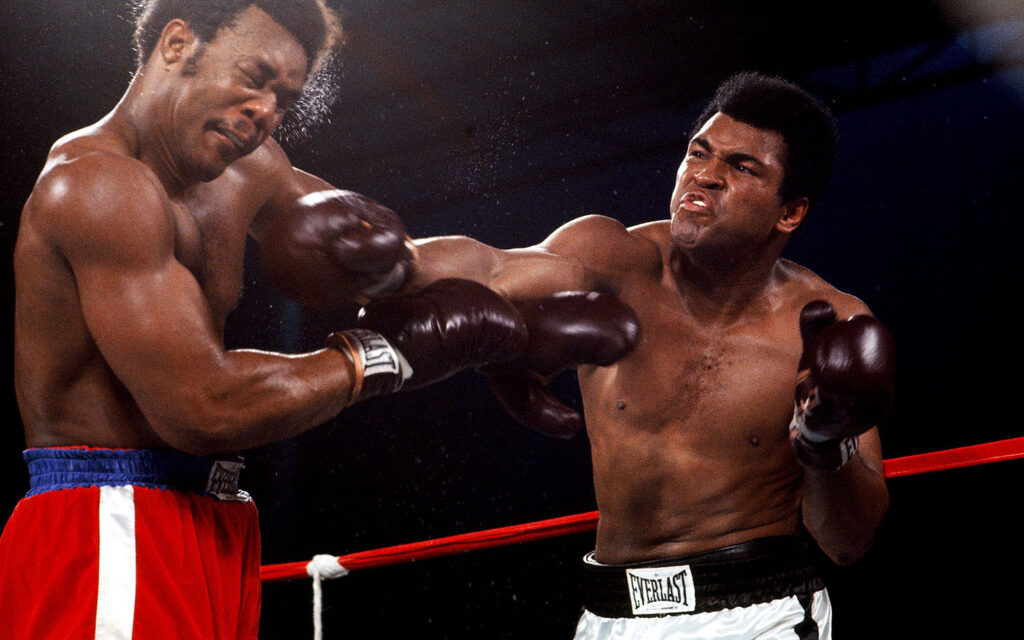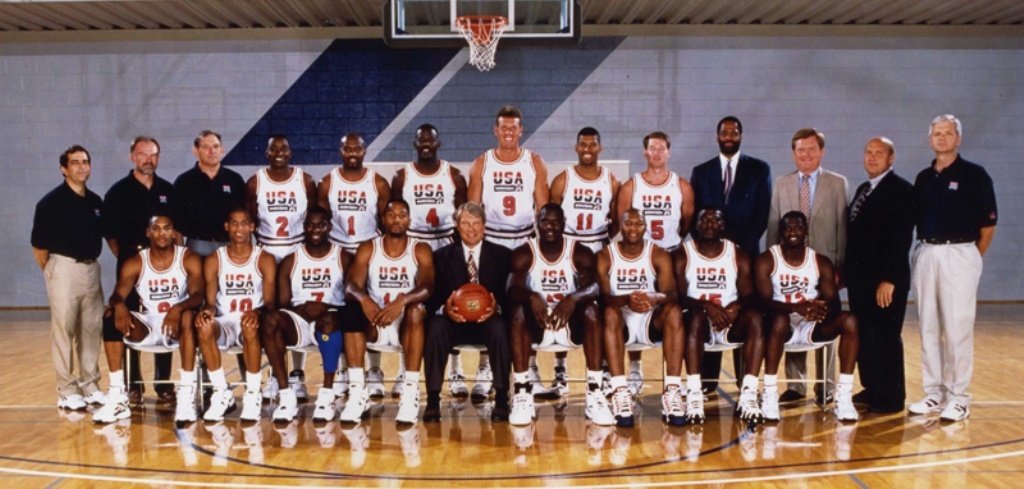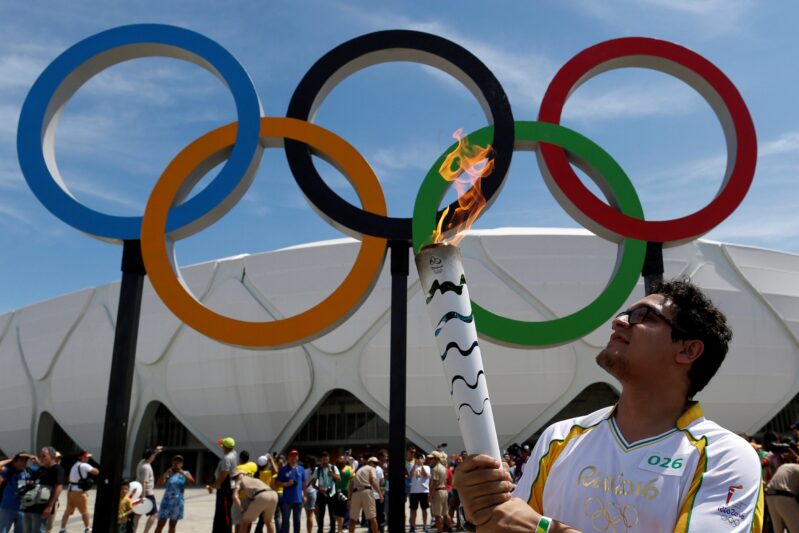Sports moments often transcend the realm of competition, becoming cultural touchstones that resonate with audiences across generations. Behind each iconic moment lies a story filled with human emotion, perseverance, and sometimes, unexpected twists. This article delves into several legendary sports events, exploring the untold stories that shaped them and the broader impact they had on society.
Jesse Owens at the 1936 Berlin Olympics
One of the most significant moments in sports history occurred during the 1936 Berlin Olympics, where Jesse Owens, an African American athlete, won four gold medals amidst the backdrop of Nazi Germany. This event was not just a triumph of athleticism but also a powerful statement against racism and oppression. Owens’ victories in the 100 meters, 200 meters, long jump, and 4×100 meter relay challenged the Aryan supremacy ideology espoused by Adolf Hitler, making him a symbol of hope and resilience for oppressed peoples worldwide.Owens faced immense pressure, not only from the competition but also from the political climate of the time. His success in Berlin was a profound moment of defiance, showcasing the power of sports to challenge societal norms and inspire change. Despite the accolades, Owens returned home to a country still rife with racial discrimination, highlighting the dichotomy between his international fame and the struggles faced by African Americans in the United States.
The Miracle on Ice

The 1980 Winter Olympics in Lake Placid, New York, witnessed one of the most extraordinary upsets in sports history: the United States ice hockey team’s victory over the heavily favored Soviet Union. Dubbed the “Miracle on Ice,” this moment was not just a sporting achievement but a significant morale booster for a nation grappling with the Cold War’s tensions. The U.S. team’s victory, fueled by teamwork and determination, showcased the spirit of a nation that believed in the impossible.Behind this iconic moment was a team of amateur and collegiate players who came together under the guidance of coach Herb Brooks. The team’s preparation was intense, and they faced numerous challenges, including internal conflicts and the pressure of national expectations. Their triumph was a testament to the power of unity and belief, inspiring generations to come and serving as a reminder that determination can overcome even the most daunting odds.
Muhammad Ali’s Rumble in the Jungle

In 1974, Muhammad Ali faced George Foreman in what would be known as the “Rumble in the Jungle.” This boxing match, held in Kinshasa, Zaire, was significant not only for its athletic stakes but also for its cultural implications. Ali, considered past his prime, employed a strategy that involved absorbing Foreman’s powerful punches before launching a comeback to reclaim the heavyweight title. This fight was a masterclass in strategy and mental fortitude, showcasing Ali’s confidence and resilience.The event also had profound political undertones, as it took place in Africa and was seen as a symbol of Black empowerment and pride. Ali’s victory resonated deeply within the African diaspora and beyond, reinforcing the idea that sports could serve as a platform for social change and cultural expression.
The Hand of God: Diego Maradona’s Legacy
Diego Maradona’s performance in the 1986 FIFA World Cup quarter-final against England is etched in football history, particularly for his controversial “Hand of God” goal. This moment encapsulated the duality of Maradona’s genius—his ability to create magic on the field while simultaneously courting controversy. The match, held in Mexico City, was charged with political significance, as it took place against the backdrop of the Falklands War between Argentina and the UK.Maradona’s subsequent solo goal, where he dribbled past several English defenders to score, further solidified his status as one of the greatest footballers of all time. His legacy is complex, marked by both brilliance and personal struggles, but his impact on the game and culture remains undeniable. Maradona’s story reflects the broader narrative of sports as a microcosm of societal issues, where triumphs and tribulations coexist.
The USA Dream Team

The 1992 Barcelona Olympics marked the debut of the “Dream Team,” a collection of basketball superstars that included legends like Michael Jordan, Magic Johnson, and Larry Bird. This team not only dominated the competition but also transformed basketball into a global phenomenon. The Dream Team’s success was a culmination of years of hard work, dedication, and the desire to showcase American basketball on an international stage.The impact of the Dream Team extended beyond the court; it inspired a generation of young athletes worldwide and elevated the NBA’s profile globally. The stories of camaraderie, competition, and the relentless pursuit of excellence among the players illustrated the potential of sports to unite and inspire people across cultural boundaries.
Michael Phelps’ Historic Eight Gold Medals
At the 2008 Beijing Olympics, swimmer Michael Phelps achieved the unprecedented feat of winning eight gold medals in a single Games, surpassing Mark Spitz’s record from 1972. Phelps’ journey to this historic achievement was fraught with challenges, including intense training regimens, personal struggles, and the pressure of expectations. His performances in events like the 100-meter butterfly and the 4×100-meter medley relay showcased not only his physical prowess but also his mental resilience.Phelps’ story is one of dedication and perseverance, serving as an inspiration to athletes worldwide. His triumphs have sparked discussions about the importance of mental health in sports, as Phelps has been open about his struggles with anxiety and depression. His legacy extends beyond his medals, highlighting the human experience behind athletic excellence.
Conclusion
The untold stories behind iconic sports moments reveal the profound impact of sports on society and culture. From Jesse Owens’ defiance of racial prejudice to the unity symbolized by the Miracle on Ice, these moments are not just about athletic achievement; they reflect broader societal themes of resilience, empowerment, and the human spirit’s capacity to overcome adversity.As we celebrate these legendary events, it is essential to recognize the stories that lie beneath the surface, reminding us that sports can serve as a powerful vehicle for change and inspiration in our lives.
FAQs
Q1. What made Jesse Owens’ victories at the 1936 Berlin Olympics so significant?
A1. Jesse Owens’ four gold medals at the 1936 Berlin Olympics were a powerful statement against the Nazi ideology of Aryan supremacy. As an African American athlete, Owens’ success challenged racial prejudice and inspired oppressed peoples worldwide.
Q2. How did the “Miracle on Ice” impact the United States during the Cold War?
A2. The U.S. ice hockey team’s victory over the Soviet Union at the 1980 Winter Olympics was a significant morale booster for a nation grappling with the tensions of the Cold War. The team’s triumph showcased the spirit of a nation that believed in the impossible and inspired generations to come.
Q3. What was the significance of Muhammad Ali’s “Rumble in the Jungle” match against George Foreman?
A3. The “Rumble in the Jungle” was not only a boxing match but also a symbol of Black empowerment and pride. Ali’s victory over the heavily favored Foreman resonated deeply within the African diaspora and beyond, reinforcing the idea that sports could serve as a platform for social change and cultural expression.
Q4. How did Diego Maradona’s “Hand of God” goal encapsulate his legacy?
A4. Diego Maradona’s “Hand of God” goal against England in the 1986 FIFA World Cup quarter-final highlighted the duality of his genius. While the goal was controversial, Maradona’s subsequent solo effort cemented his status as one of the greatest footballers of all time. His complex legacy reflects the broader narrative of sports as a microcosm of societal issues.
Q5. What impact did the USA Dream Team have on basketball and global culture?
A5. The USA Dream Team’s dominance at the 1992 Barcelona Olympics transformed basketball into a global phenomenon. The team’s success inspired a generation of young athletes worldwide and elevated the NBA’s profile globally. The stories of camaraderie, competition, and excellence among the players illustrated the potential of sports to unite and inspire people across cultural boundaries






